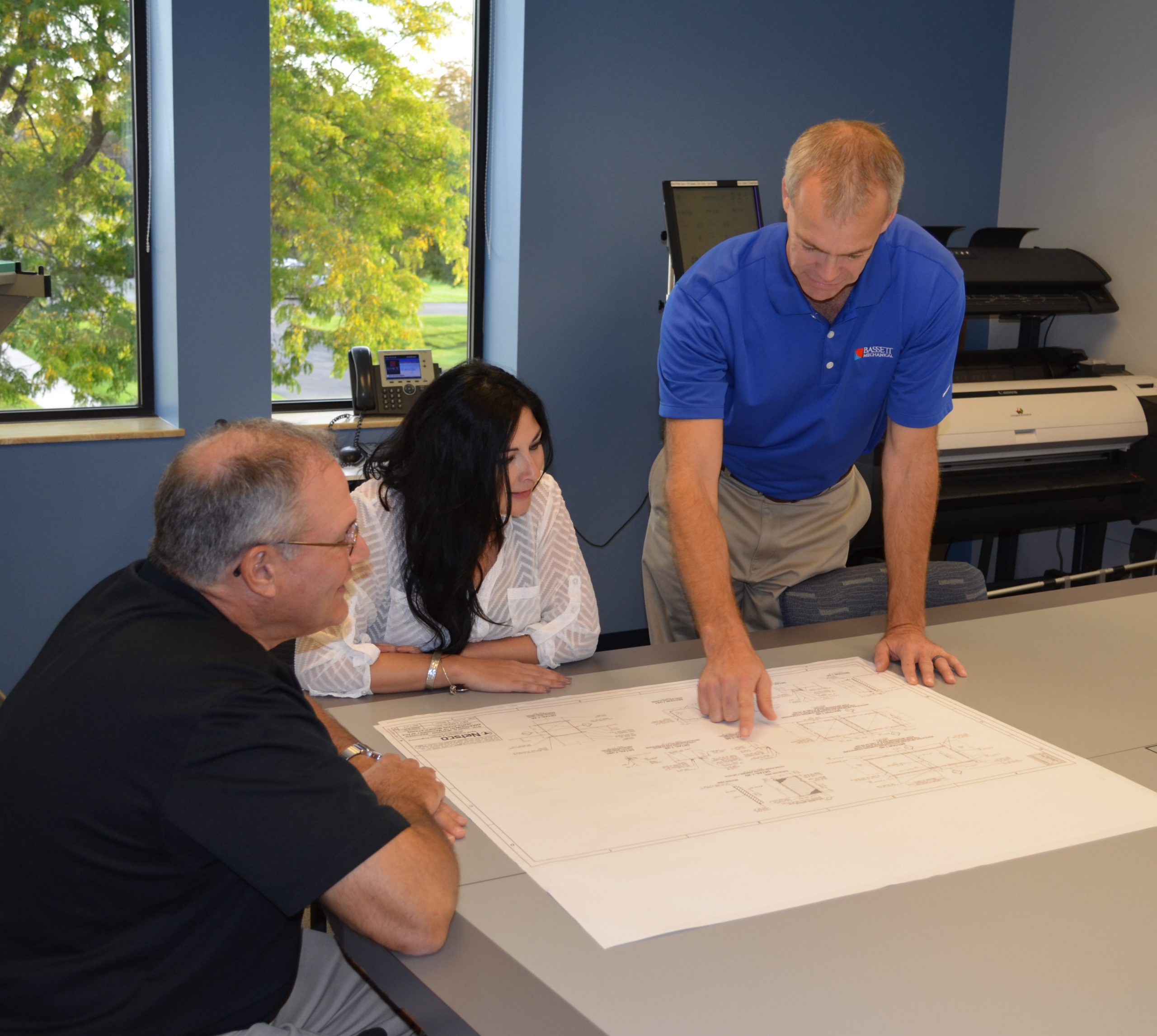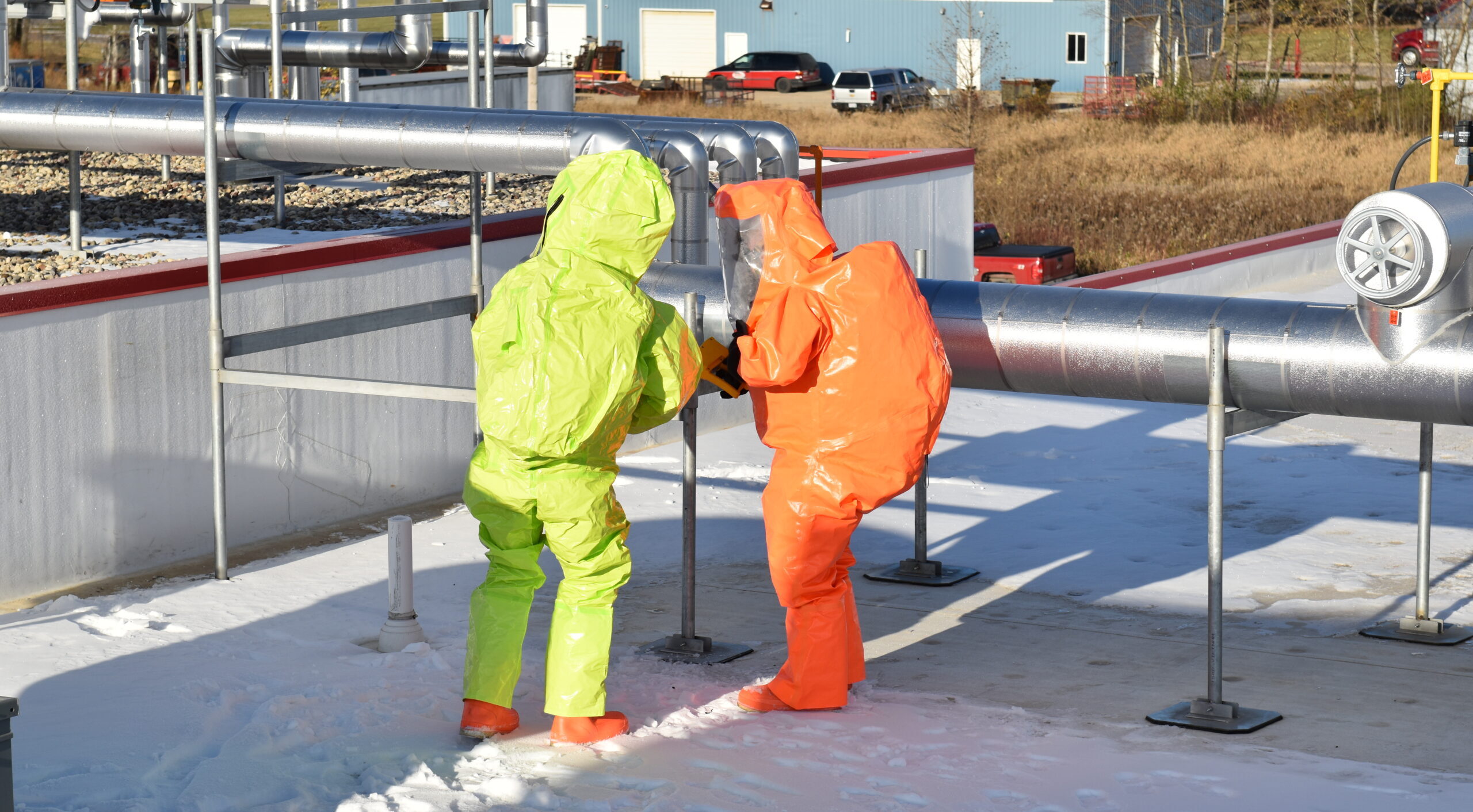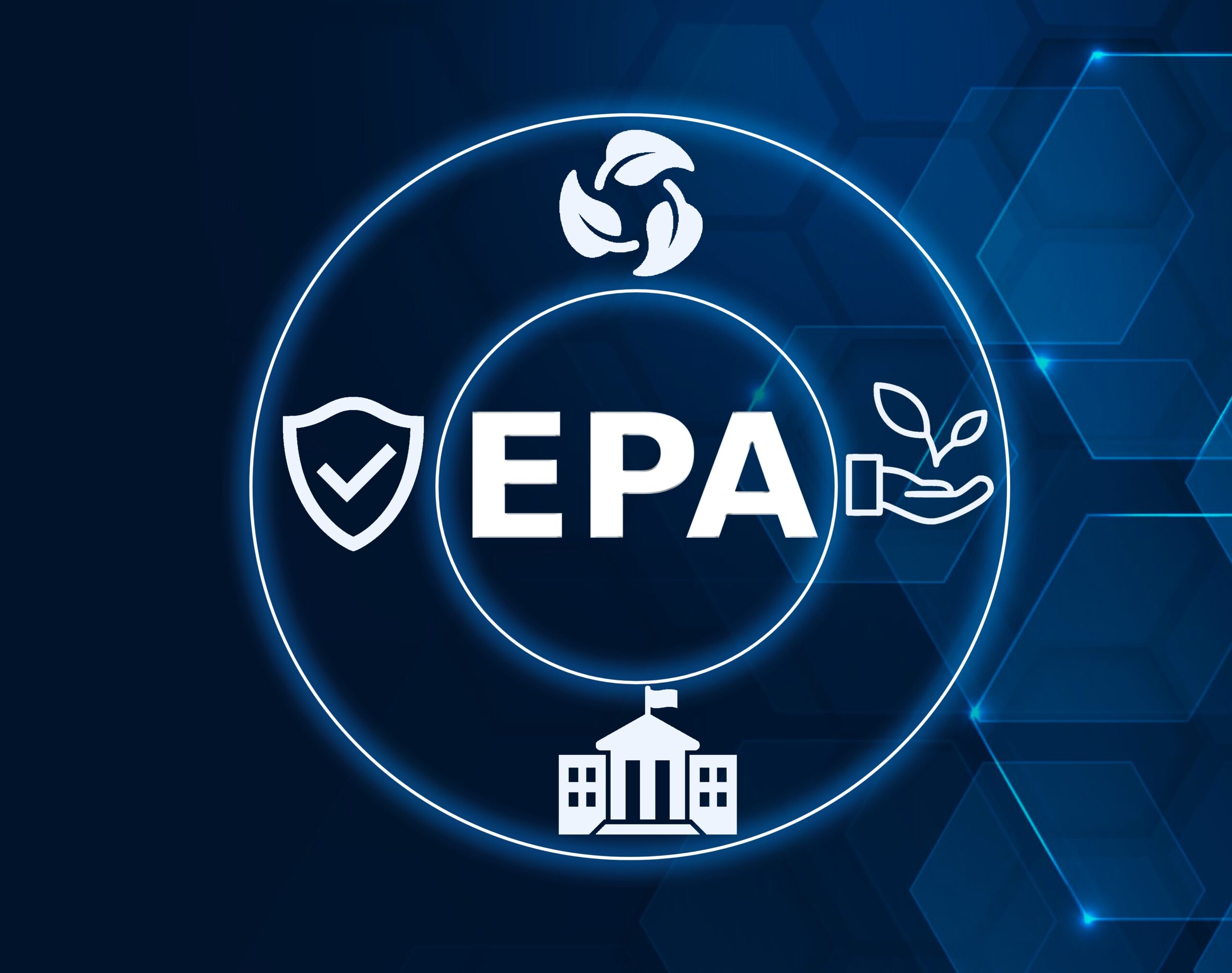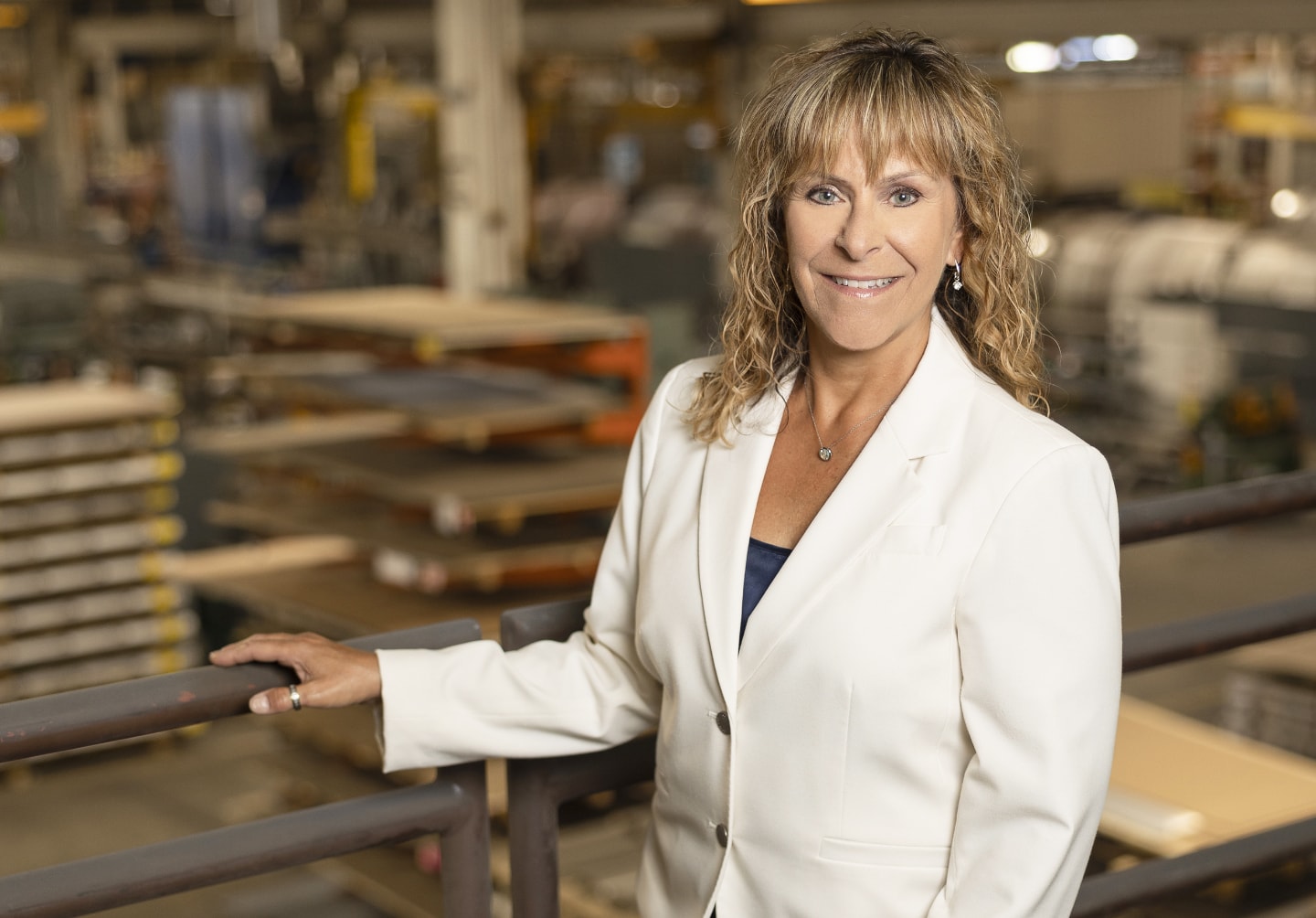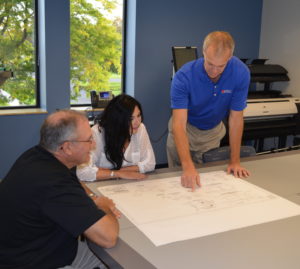 Does your Mechanical Contractor have what it takes? There are three things to consider when choosing a Mechanical Contractor: safety, qualifications, and capabilities. To better serve you, we have created this series as a guide to help you identify the right Mechanical Contractors to fit your needs and get the job done right. This final piece of our qualifications series will help you make sure your Mechanical Contractor has what it takes.
Does your Mechanical Contractor have what it takes? There are three things to consider when choosing a Mechanical Contractor: safety, qualifications, and capabilities. To better serve you, we have created this series as a guide to help you identify the right Mechanical Contractors to fit your needs and get the job done right. This final piece of our qualifications series will help you make sure your Mechanical Contractor has what it takes.
Codes, standards, and best practices are used by Professional Engineers to ensure buildings and manufacturing processes are made for safe and efficient operation and the production of high-quality consumer products. We have peace of mind knowing that the persons defining these best practices are not only qualified but licensed to make the most optimal and educated decisions. The National Council of Examiners for Engineering and Surveying (NCEES) says “professional licensure protects the public by enforcing standards that restrict practice to qualified individuals who have met specific qualification in education, work experience, and exams.”
Does your Mechanical Contractor have in-house Professional Engineers upholding the highest standard in engineering practices and requiring appropriate specifications for supports, ventilation, controls, and structural considerations for your next project?
WHAT IS A PROFESSIONAL ENGINEER?
Wisconsin State Statute Chapter 443.01(7) defines Professional Engineer as “a person who by reason of his or her knowledge of mathematics, the physical sciences and the principles of engineering, acquired by professional education and practical experience, is qualified to engage in engineering practice”. This statute acts as a “good housekeeping seal of approval” for the examining board of professional engineers. It means you have proof that the person working on your project is dedicated to their craft, has been tested, and has measurable experience and competence to ensure your system is not only effective but safe.
CODE OF ETHICS AND CONTINUING EDUCATION
Besides rigorous testing, proven experience, and continuing education, Professional Engineers are required to uphold the code of ethics. A code which if broken can result in license revocation. Professional Engineers are held to a high standard of integrity and there are consequences if that integrity is breached. This gives you confidence that highly qualified people are working on you project.
Professional Engineers interpret, understand, and administer codes of standard practice but as these standards evolve, they also spend time keeping up with code changes. Your Mechanical Contractor should be integrated with the IIAR Academy of Natural Refrigeration’s Certificate Program. This long-term education program was created to address the need for highly trained professionals in natural refrigeration system design, safety, and maintenance. This program sets high standards for the industry and continuous development among engineers. It is considered the industry standard for design and safety. Have you also considered your Mechanical Contractor’s number of participants in this program?
SHORTCUTS CANNOT BE TAKEN
There are responsibilities associated with being a Professional Engineer. Details such as documentation required for regulatory compliance, safety requirements and other recognized and generally accepted best practices should be taken very seriously. If these practices are overlooked, both company and engineer would be liable for any harm that is caused by negligence. While it may take time and effort to ensure the project is fully code compliant and aligned with industry accepted best engineering practices, if properly designed and installed your system can be safe and effective with less risk to your people, your community, and your product.
SAFETY IN NUMBERS
Working with a Mechanical Contractor who has a large team of professional engineers means as a customer you can take advantage of the com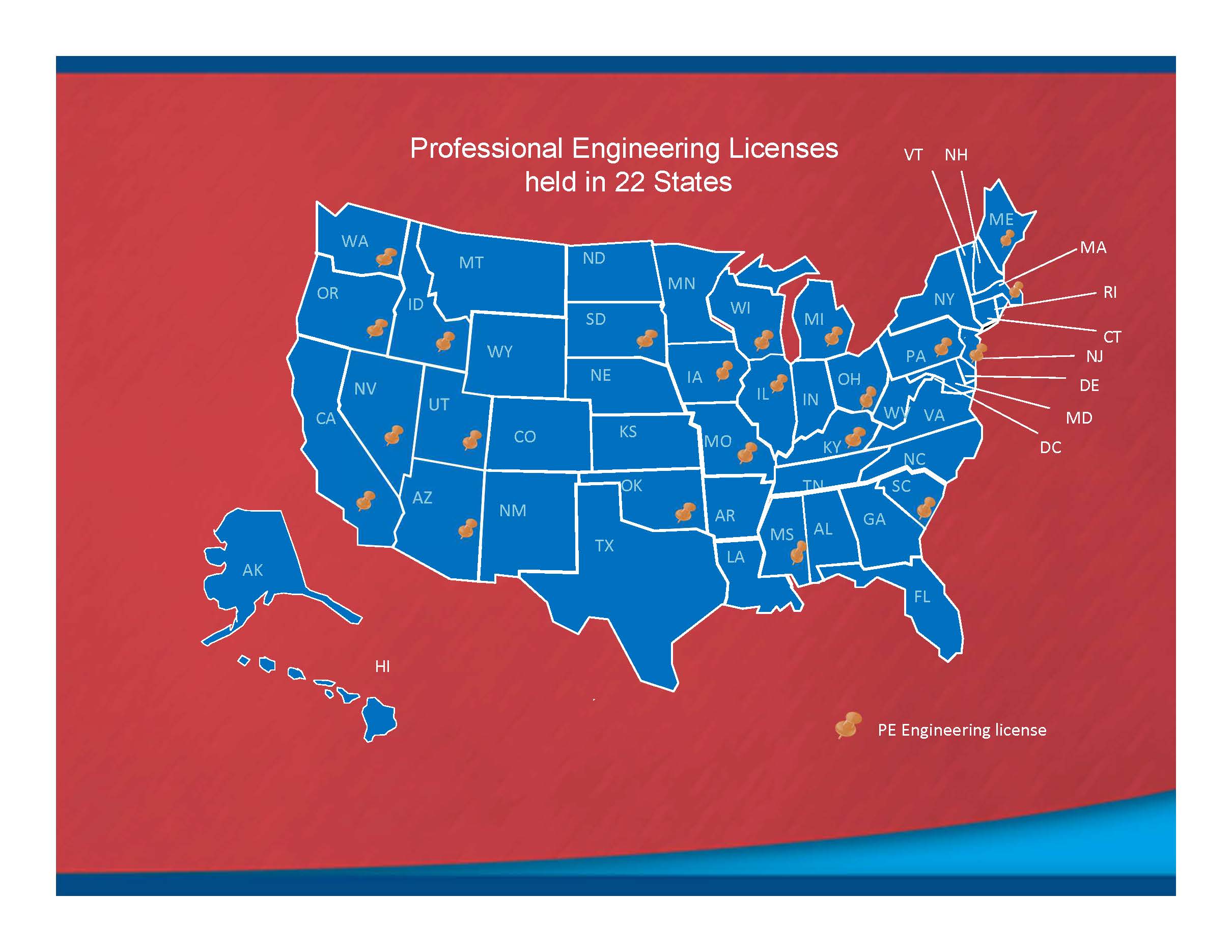 pany’s internal high quality peer review process. Instead of one Professional Engineer, you can have many engaged in the process with top level people exchanging ideas for optimal refrigeration design. Customers can find benefit in the collection of professional engineers with different areas of expertise working on behalf of the customer. Poor humidity control, heat loss, uneven temperatures, and food safety concerns are a few examples of the many things that can go wrong if your Mechanical Contractor does not consider your unique process design needs. Today we have 8 Professional Engineers on staff, whose collective experience helps to ensure the best process related solutions for our customers.
pany’s internal high quality peer review process. Instead of one Professional Engineer, you can have many engaged in the process with top level people exchanging ideas for optimal refrigeration design. Customers can find benefit in the collection of professional engineers with different areas of expertise working on behalf of the customer. Poor humidity control, heat loss, uneven temperatures, and food safety concerns are a few examples of the many things that can go wrong if your Mechanical Contractor does not consider your unique process design needs. Today we have 8 Professional Engineers on staff, whose collective experience helps to ensure the best process related solutions for our customers.
There are many benefits to working with a mechanical contractor with in-house professional engineers, but the safety of your people, product, and community is paramount. Check with your Mechanical Contractor to see if they have these qualifications. You will be thankful you did.

